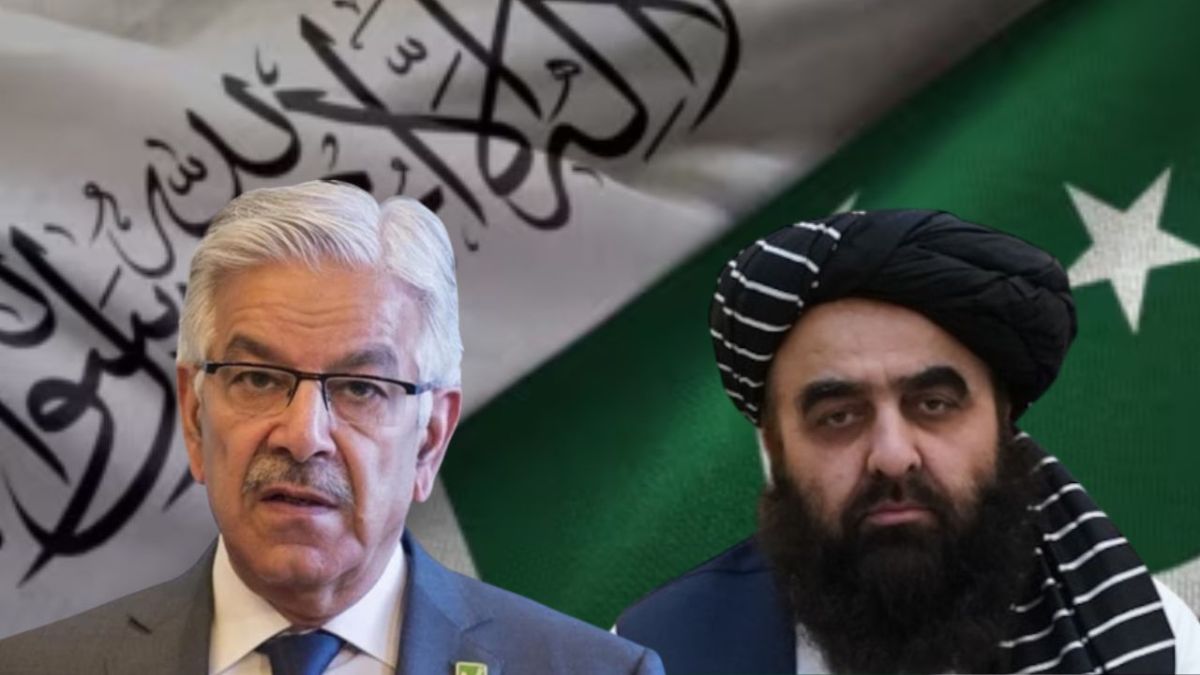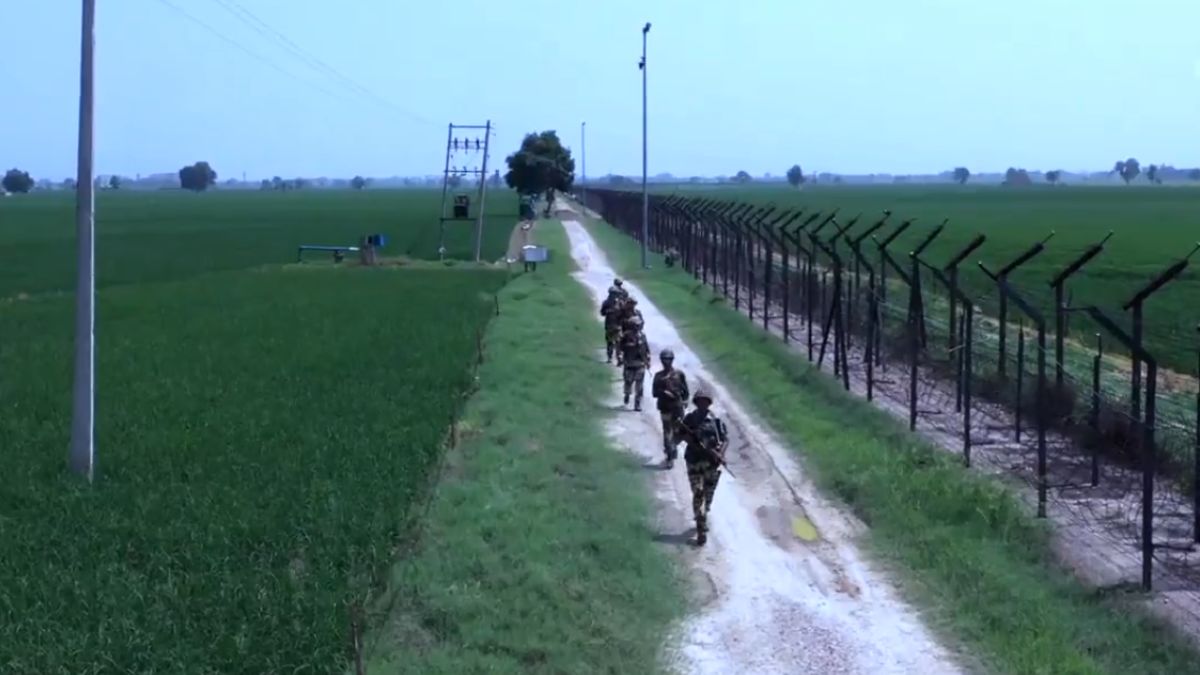Pakistan Warns Of ‘Open War’ As Istanbul Talks With Afghanistan Seek To End Deadly Border Clashes

Diplomats in Istanbul are walking a fine line as Pakistan and Afghanistan struggle to pull back from their deadliest clashes in years. Image courtesy: RNA
Pakistan’s Defence Minister Khawaja Muhammad Asif has issued a stark warning that failure to reach an agreement with Afghanistan during ongoing peace talks in Istanbul could lead to “open war” between the two neighbours.
His comments come amid renewed border clashes that have left dozens dead and strained already fragile relations between Islamabad and Kabul.
“We have the option — if no agreement takes place, we have an open war with them. But I saw that they want peace,” Asif told Reuters on Saturday (October 25, 2025), expressing cautious optimism about the outcome of the second round of negotiations.
What’s being discussed in Istanbul?
The latest round of talks, hosted by Turkey and facilitated by Qatar in Istanbul, is expected to continue through Sunday (October 26), according to Pakistan’s Dawn newspaper.
The discussions aim to establish a lasting ceasefire and create mechanisms for maintaining stability along the restive 2,611-km border that has seen some of the fiercest fighting since the Taliban’s 2021 takeover.
The Afghan delegation, led by Deputy Interior Minister Haji Najib, arrived in Istanbul on Friday (October 24), while Pakistan is represented by a two-member team of senior security officials.
What did Pak-Afghan officials discuss?
Taliban spokesman Zabihullah Mujahid said on X that the meeting follows an agreement reached during earlier Doha talks, where both sides pledged to resolve “remaining issues” through dialogue.
The tensions were triggered earlier this month after explosions in central Kabul, which the Taliban government blamed on Pakistan.
Islamabad denied involvement but responded to retaliatory attacks by conducting airstrikes on alleged Tehrik-i-Taliban Pakistan (TTP) camps in Kandahar and Helmand, reportedly killing 19 militants. The Taliban, however, dismissed the claims as baseless.
What has been the fallout of the Pak-Afghan clashes?
The clashes that followed have been among the deadliest in recent years. Between October 12 and 15, over 40 Pakistani soldiers and dozens of Taliban fighters were killed, while the UN Assistance Mission in Afghanistan (UNAMA) reported 37 civilian deaths and more than 425 injuries.
Pakistan said at least five soldiers were killed and 25 militants neutralized in renewed fighting on Friday (October 24) and Saturday (October 25) in Kurram and North Waziristan, even as the Istanbul talks got underway.
A ceasefire brokered in Doha on October 19 collapsed within days, prompting mediation by Qatar and Turkey to restore calm.
What are the current talks likely to result in?
The current Istanbul round is focused on establishing a joint monitoring mechanism to prevent future violations and address Pakistan’s core demand that Afghanistan curb cross-border terrorism from groups like TTP and the Balochistan Liberation Army (BLA).
Defence Minister Asif emphasised that Pakistan seeks peace but will defend its sovereignty if attacks continue. “Afghanistan must act against terror outfits using its soil against us,” Foreign Ministry spokesman Tahir Hussain Andrabi reiterated.
How has the world responded to the Pak-Afghan conflict?
Crossings at Chaman and Torkham remain partially closed, disrupting trade and worsening Afghanistan’s economic crisis. The UN, US, China, and Russia have all urged restraint, fearing a wider escalation.
Analysts say the outcome of the Istanbul talks will determine whether Pakistan and Afghanistan can move from confrontation to cooperation—or risk sliding toward open conflict.







